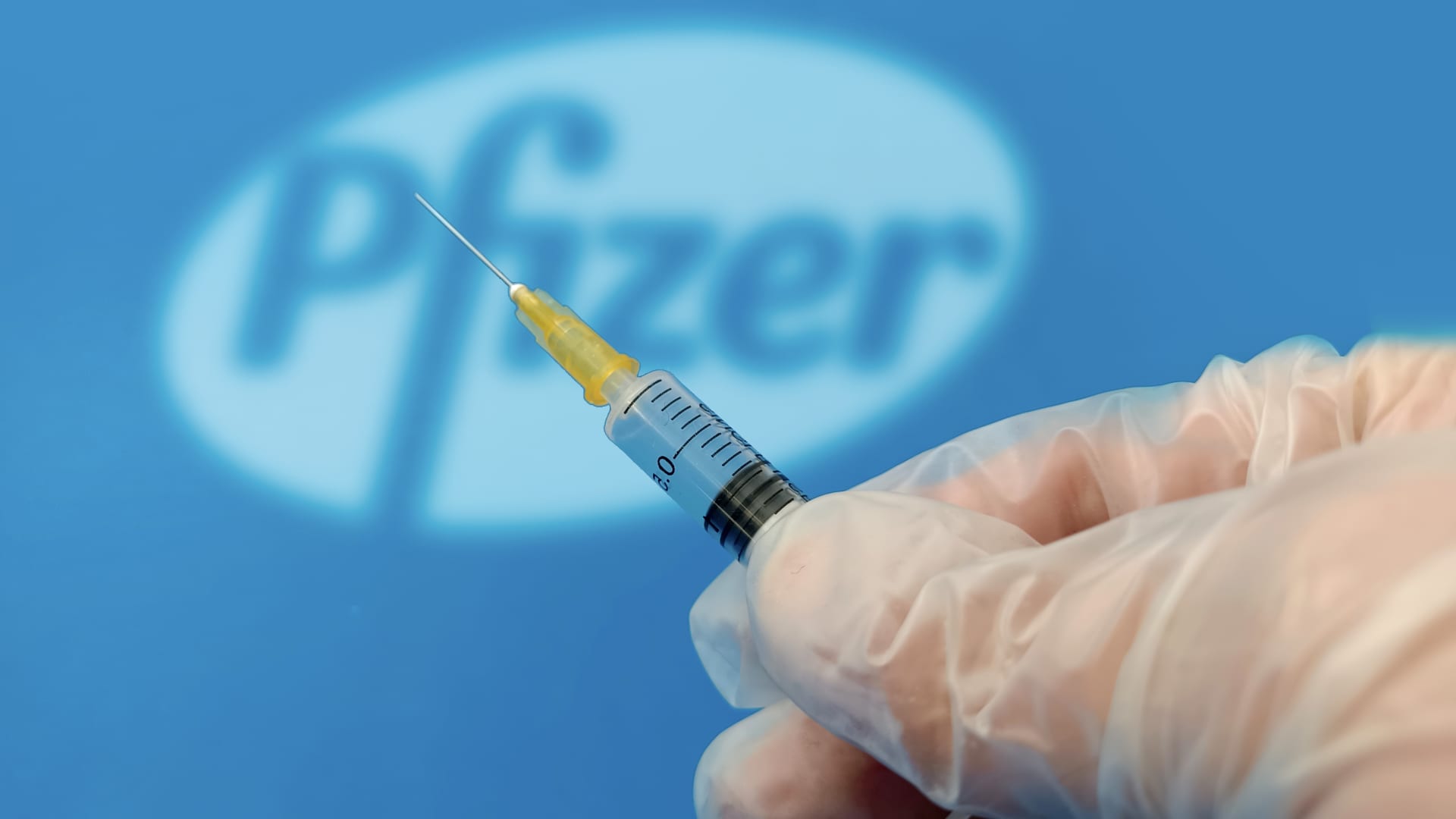CFOTO | Future Publishing | Getty Images
The Food and Drug Administration on Monday approved a vaccine from Pfizer that protects infants from respiratory syncytial virus, the leading cause of hospitalization among babies in the U.S.
Pfizer’s RSV shot is already approved and available in the U.S. for older adults.
It’s now the second treatment approved by the FDA to prevent RSV in infants and the first vaccine. It uses maternal immunization, which refers to vaccinating pregnant mothers so they can pass protective antibodies to their fetuses.
Pending a recommendation by the Centers for Disease Control and Prevention, Pfizer hopes the vaccine will be available to the public by the end of October or the beginning of November, which marks the beginning of RSV season, according to Alejandra Gurtman, the company’s senior vice president of clinical research and development for vaccines.
“When you think globally, this vaccine could potentially have a huge public health impact,” Gurtman told CNBC. “After 50 years of trying to find a way where we can protect babies during the first three or especially six months of life, this vaccine is something I’m very proud of.”
Dr. Peter Marks, the FDA’s vaccine head, added in a release that the approval provides another option for health care providers and pregnant individuals to “protect infants from this potentially life-threatening disease.”
The FDA in mid-July approved an RSV monoclonal antibody from Sanofi and AstraZeneca that is directly administered to infants. The CDC recommended that drug to all infants under eight months of age and some older babies.
The agency’s panel of advisors is expected to meet and consider a recommendation for Pfizer’s vaccine in October, but it’s unclear how it will compare to the guidelines set for the first treatment since it isn’t given to infants.
Pfizer’s jab is specifically administered to expectant mothers in the late second or third trimester of their pregnancy. The single-dose vaccine…
Read the full article here

Leave a Reply